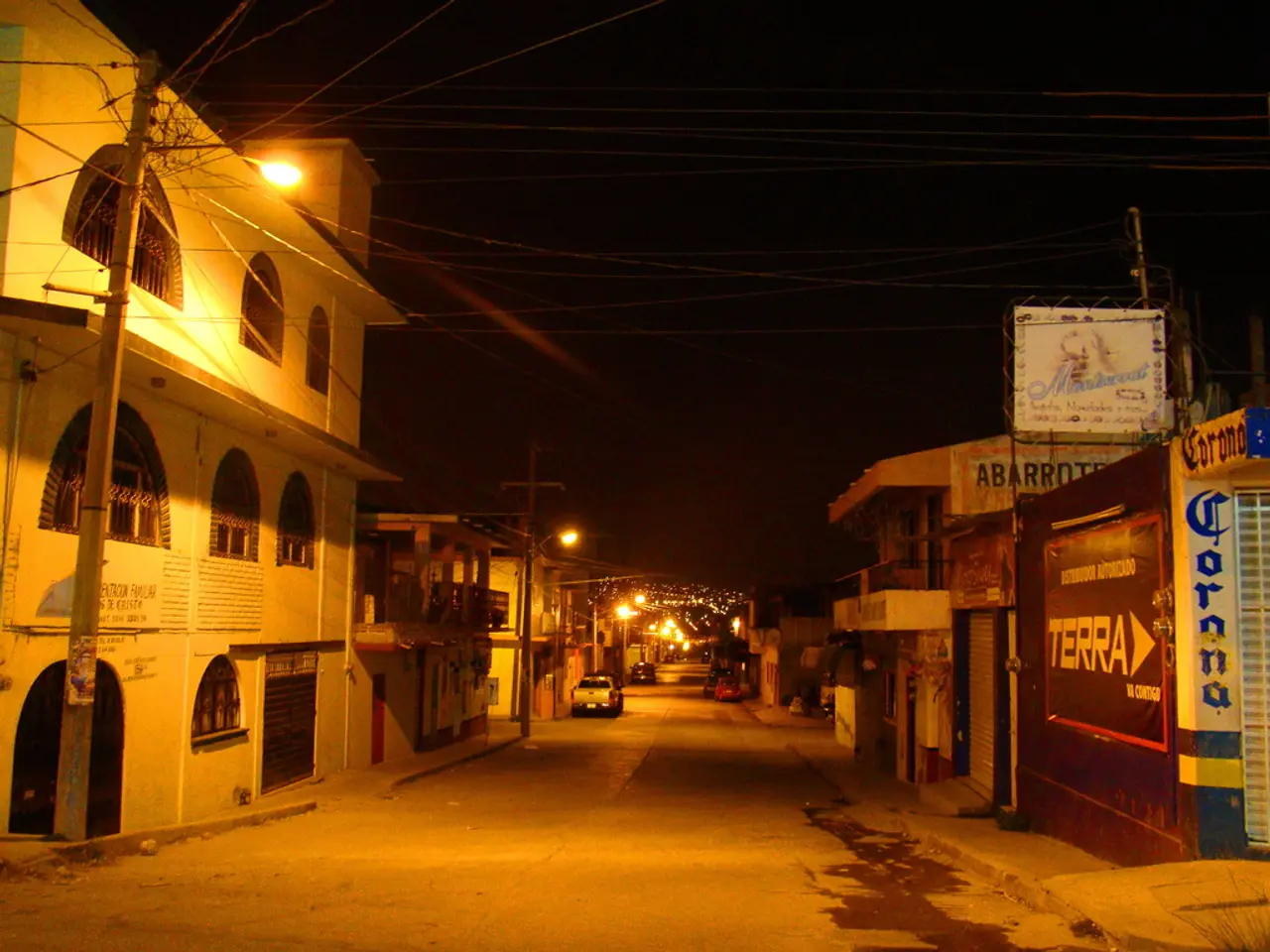Punta Cana Marks Latin America's 5th Electric Road, Boosting EV Adoption
Punta Cana, Dominican Republic, marked a significant milestone in sustainable mobility as the Latin American Association of Sustainable Mobility (ALAMOS) inaugurated the 'Caribbean' Electric Road. A caravan of 35 electric vehicles, including cars, buses, vans, and trucks, marked the occasion, showcasing the region's commitment to electromobility.
The Caribbean Electric Road, the fifth such network in Latin America, connects Puerto Rico, Aruba, the Dominican Republic, and Jamaica through an extensive electric vehicle charging network. Chile was the first nation to expand its charging infrastructure within this regional framework.
The event was attended by over 100 individuals and major distributors such as BMW, Volkswagen, BYD, Tesla, and Geely. They displayed their electric vehicle offerings, highlighting the growing interest in sustainable transportation.
The new charging hub, Evergo Connect, in the Dominican Republic, boasts 29 connectors of CCS, CHAdeMo, and GB/t types. Each connector has a capacity of 225 kW/h and is powered by renewable energy, ensuring a clean and efficient charging experience.
Andrés Astacio, the Superintendent of Electricity, emphasized the efficiency of electric mobility. The government is actively promoting its adoption through incentives and regulations, making it an attractive alternative to conventional vehicles.
The inauguration of the Caribbean Electric Road signals a significant step towards a more sustainable future for the region. With expanded charging networks and government support, electric vehicles are poised to become a mainstream choice for both personal and commercial use.
Read also:
- Struggle for Wetlands, Wildlife Preservation, and Youth-Driven Conservation Movement Led by Matthew Vincent Tabilog in the Philippines
- BCDA Bars Three From Camp John Hay Golf Course Amid Legal Dispute
- Almaty Unveils 2037 'Green Innovation Hub' Plan
- Mysterious Chinese Station on Ellesmere Island Raises Canadian Arctic Sovereignty Concerns








